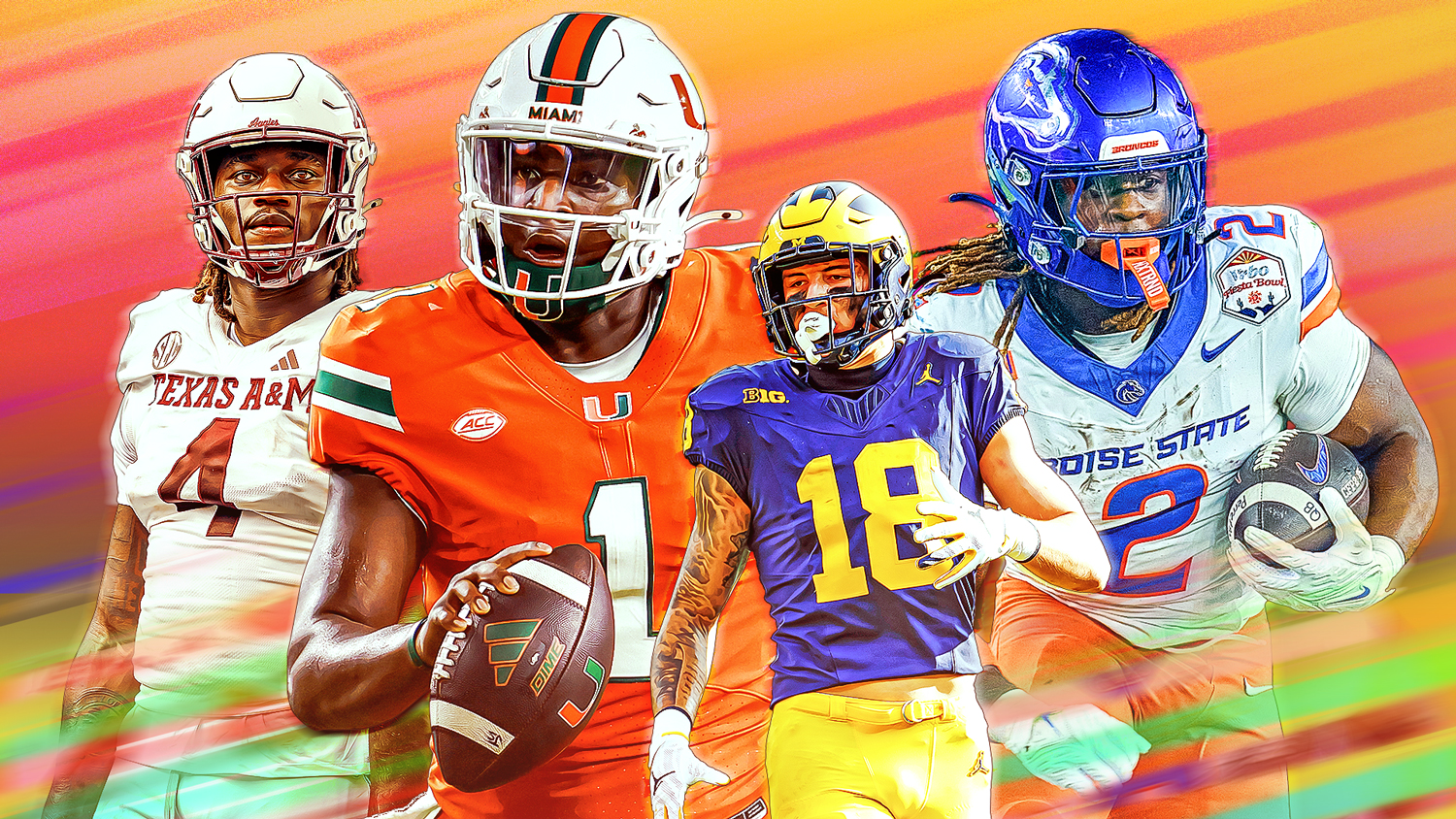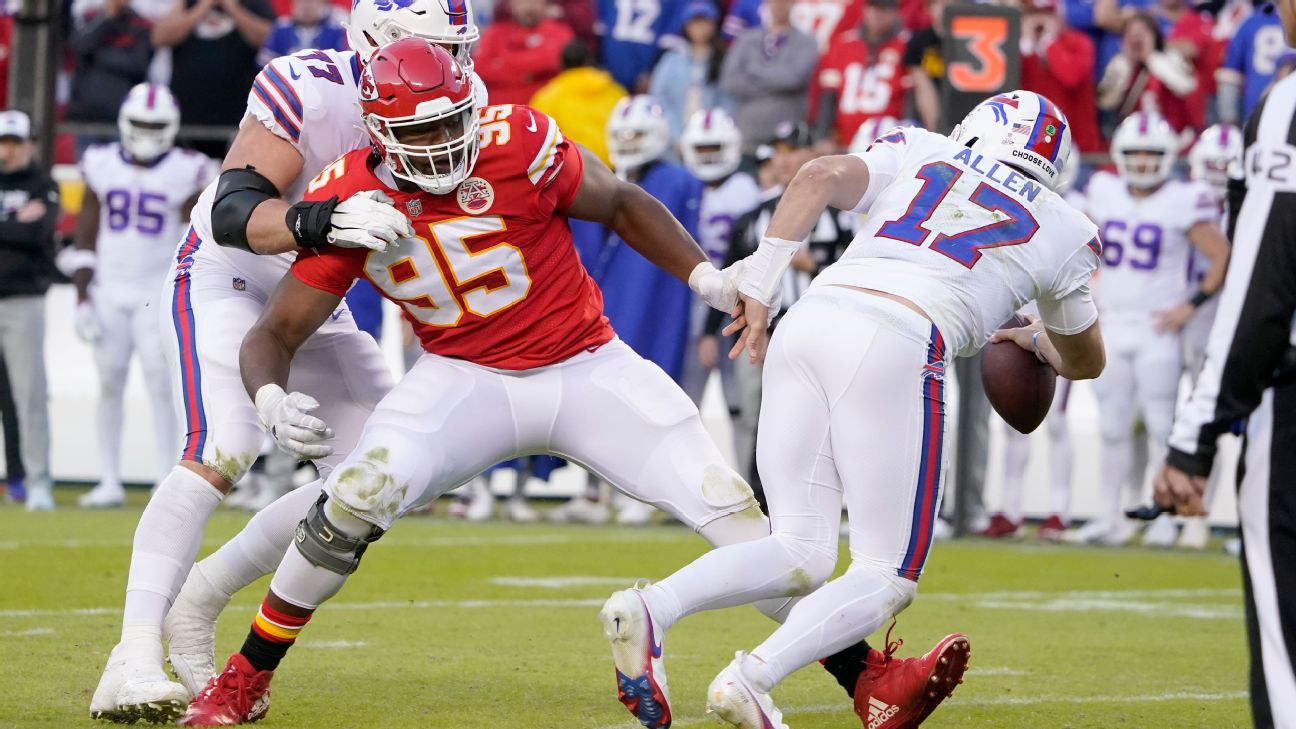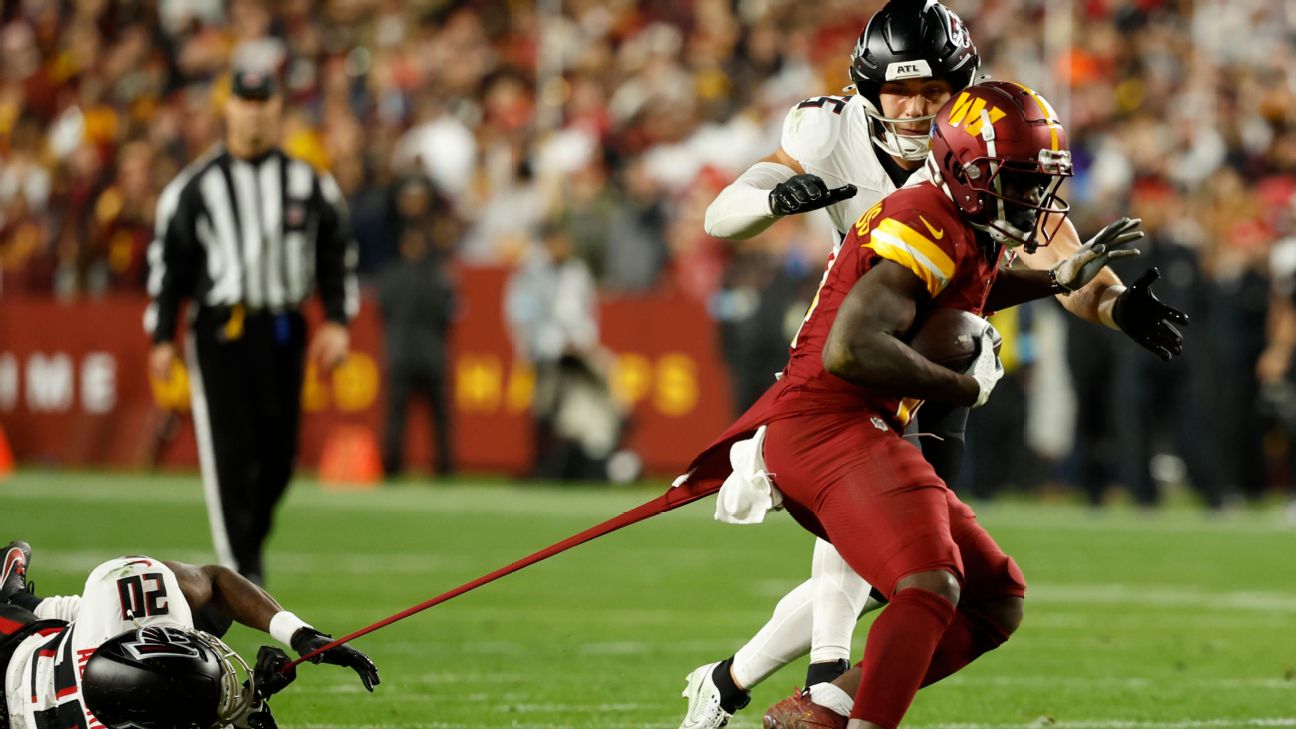Chicago Bears give new stadium update, say they will provide over $2B for lakefront domed project
Mayor Johnson says plan will not include any new taxes
CHICAGO (WLS) -- The Chicago Bears unveiled details on the team's plans for a new lakefront stadium Wednesday.
The Bears are planning to build a state-of-the-art, domed lakefront stadium costing an estimated $4.7 billion. The team is asking for the cost to be covered by a combination of public and private funding.

"We are excited to invest in the greatest city in the world to a stadium project and site improvements that will benefit Chicagoans and visitors," Bears chairman George McCaskey said.

More than a year ago, the Bears unveiled a plan in Arlington Heights that included residential, hotel and retail space on more than 300 acres. And while they still own the land, they said their entire focus now is on the lakefront property.
The stadium plan has more than 70,000 seats under a fixed, translucent dome.
The new stadium would sit just south of Soldier Field, which would be torn down except for the historic colonnades. Those columns would then form part of the sweeping campus, which would feature parks, public areas and youth athletic fields.

"You will be indoors; you will get all of the benefits of being indoors, but you will feel like you are outdoors," Bears President Warren said.

The Bears also said the project would include creating more green space in the Museum Campus area and along the lakefront.
"Sports fields and gardens will replace the current stadium, with Soldier Field's historic colonnades preserved as a tribute to Chicago's military veterans," the Bears said.
Mayor Brandon Johnson said the plan is a win for the city of Chicago, and he is fully on board with the plan.

"As a lifelong Bears fan it is an honor to be here to celebrate the Bears' commitment to remaining the Chicago Bears," Mayor Brandon Johnson said. "I really want to thank the McCaskey family and the entire Bears organization for betting on Chicago and announcing one of the largest private investments in our city's history."
The group Friends of the Park, which in the past has opposed other lakefront developments, said it has questions about the proposal, releasing a statement saying in part, "We did not hear anything at the Bears news conference that could not take place at another Chicago location."
Sports marketing expert Marc Gannis said there certainly are benefits for having a domed stadium in a city like Chicago, which could attract other major events in the future.
"There are significant benefits to building a dome stadium in a city like Chicago," Gannis said. "It will attract not just a Super Bowl every decade or so but on an ongoing basis it will be the attraction for major events."
RELATED: Former Gov. Patt Quinn proposes referendum on use of taxpayer money to fund Chicago sports stadiums
The release said $325 million is required to open the stadium, $510 million is required to maximize the stadium and surrounding campus and optional infrastructure to enhance the campus, improve circulation and maximize public economic benefits will total $665 million.

The mayor of Arlington Heights said he "expected" today's news, but said he still thinks his city is the better option and that their proposal "would give the Bears everything they wanted," including ownership of the stadium. Mayor Thomas Hayes also said if the lakefront stadium doesn't work out, he's open to building a stadium in Arlington Heights.
Politicians, taxpayers balk at request for public stadium funding

The Bears said they'd provide over $2 billion for the project, which they said would cover over 70% of the costs.
Karen Murphy, the Chicago Bears executive vice president of stadium development and chief operating officer, confirmed the club will apply for a $300 million NFL loan as part of the private investment plan.
Mayor Johnson said the project will result in no new taxes on Chicagoans.
The Bears are asking for an equivalent amount from the city and state, primarily through the Illinois Sports Facilities Authority (ISFA).

The ISFA was created by the Illinois General Assembly in 1987 for the purpose of constructing stadiums for professional sports teams, is the proposed resource to fund an additional $900 million for the publicly owned stadium, the Bears said.
"The project finance proposal can be accomplished with the existing 2% hotel tax (predominantly funded by tourists) used to back ISFA bonds and would both restructure existing ISFA debt and create new capacity by extending bonds for 40 years. This extension would pay off existing debt, secure resources for the replacement stadium, and create a liquidity reserve to cover any hotel tax shortfall," a news release said. "Public infrastructure funds will further enhance accessibility and traffic flows around the lakefront and Museum Campus year-round."
But not everyone is on board with how it would be paid for, including Governor JB Pritzker.
"I'm highly skeptical of the proposal that has been made, and I believe strongly this is not a high priority for legislators and certainly not for me," he said.
"Can't they make their own money? Why do they have to spend mine?" resident Tom Hoskinson said.

"Love the Bears," Hoskinson said. "They are a Chicago team. Would love to see them stay in Chicago, but don't want to see them spend all my tax money."
The proposal would refinance the millions of existing Soldier Field debt and roll into a 40 year payback plan. Taxpayers would also be on the hook for infrastructure costs.
While the team's president said he wants to move quickly, there is no appetite in Springfield to help now.
"If we were to put this issue on the board for a vote right now it would fail miserably," said Illinois House Speaker Chris Welch (D-Chicago).
And some aldermen say its fate would be much the same in the city council.
"There is no way we can help pay for it," said 32nd Ward Ald. Scott Waguespack.
Waguespack said because there is not enough money to go around, the mayor's agenda to invest in the South and West sides would lose funding if the city chooses to help the bears.
"I think he needs to work on behalf of the taxpayers and not on behalf of the Bears," he said.
But some do support the proposal.
"I think it's a good idea; we have the worst stadium in the NFL," Chicago resident Brant Smith said. "It's cold; it's pretty old - not too many updates made to it."
Smith believes a new stadium could bring in more revenue and job opportunities even if the taxpayers are helping foot the bill. Mayor Johnson also touted that potential.
"We're talking about real participation for women owned businesses and minority owned businesses. This is very much aligned towards and aligned with my vision for a better stronger, safer Chicago," he said.
The Bears said Wednesday the project would create 43,000 construction jobs, and generate $8 billion in regional economic impact.
"I mean if it's going to bring in more jobs and stuff - then why not pay for it?" Smith said.
"They'll probably get more customers coming in and more people in and out of town," Chicago resident Ida Mae Collins said.
Collins said if the stadium is going to benefit the city, then Chicagoans should be willing to help cover some of the cost.
"It's part of Chicago and they should be able to do that, yes," Collins said.
Some experts doubt there will be enough special events and ticket sales year round at a new domed stadium to generate enough revenue for the city.











